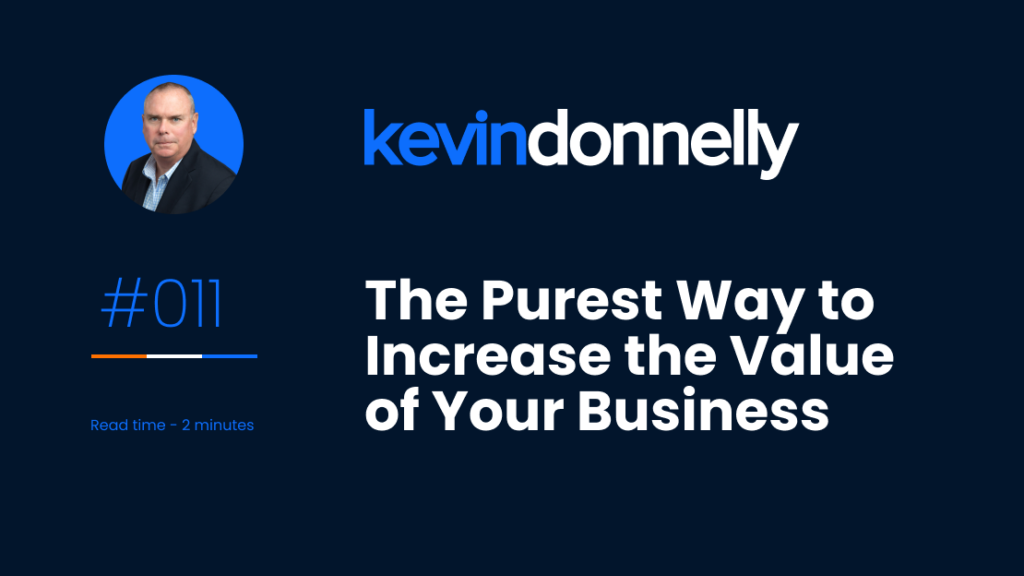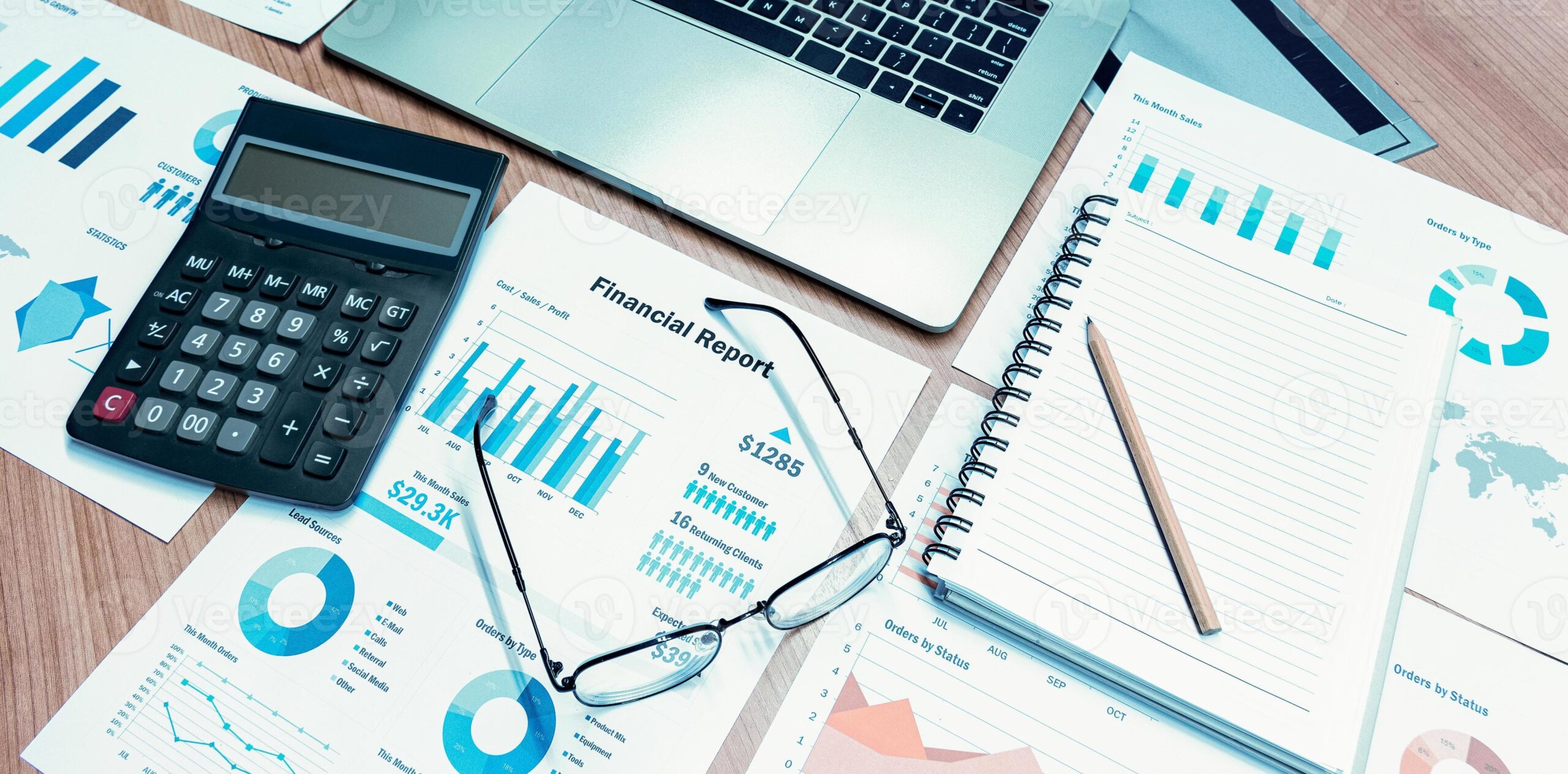Are you ready to meet your next level? Click here to book your free discovery call

Picture a magic slot machine. Each time you pull the arm, you make back a multiple of whatever you wagered. How much time would you devote to cranking that arm?
When it comes to the value of your business, you can make many bets, but only one has a virtually guaranteed return. Most companies are valued on a multiple of earnings before interest, taxes, depreciation, and amortization (EBITDA), so every dollar of incremental profit you earn in the short term will translate into a multiple of that down the road.
Since most acquirers look at three years’ worth of financial reporting, squeezing out every extra dollar of profit makes even more sense if you’re considering an ownership transition in the next thirty-six months.
How Derek Morin Jacked Up the Value of His Business
For an example of a founder obsessed with finding every dollar of profit available, let’s look at Derek Morin. Morin founded Tabarnapp to create after-market sales applications for Shopify website owners.
The business was a success, but when his partner, who handled finance, left the company, Morin was forced to look closely at his profit & loss (P&L) statement. Morin saw potential improvements, so he made notes in the margin next to each line item he wanted to change.
To save time, he started using a single letter beside each entry to represent the action he wanted to take:
P stood for “Plus,” something profitable, and he wanted more.
U stood for “Unnecessary,” an expense he could eliminate.
R stood for “Replaceable,” a cost that could be replaced with a better or cheaper option.
E stood for “Equal” and was used for items that should be left untouched.
Morin realized his shorthand notes could be organized into a memorable acronym he referred to as “PURE.”
Morin treated the PURE method like a game. Every month he scrutinized his P&L with the same four-letter system. Morin engaged his team to act on each item that needed improvement. He became obsessed with squeezing out a few more dollars of profit every month.
His game worked. In 2020 Morin had bought out his business partner in a deal that valued the company at around $400,000. Two years later, after applying the PURE methodology of improving profitability, Morin sold Tabarnapp in an agreement that implied a roughly tenfold increase in the value of his business.
The Downside of Using Your Company’s Bank Account as a Slush Fund
There’s a downside to treating your company like your piggy bank. Co-mingling personal and business expenses while letting other costs go unchecked may help you reduce taxes in the short term but could end up costing you more in lost value when you decide to sell your business. Instead, keep your P&L “PURE” to jack up the value of your business.
When you're ready here's 3 ways I can help You Build Value For Your Company.
1. Let me work with you on your hiring.
If you're having trouble finding and keeping the right people to help grow your business I can show you what I did to go from 80 to 600 over a couple of years. Check out our free hiring assessment quiz...
2. Let's talk about what your business could be worth.
If you're like a lot of people thinking about what their end game is and want to know what your business is worth now and what it could be worth. Take my FREE Value Assessment and then we can talk.
3. Work With Me 1:1
If you'd like to work directly with me to increase the value of your company and establish your End Game plan, book a time to talk.
Similar Posts

Kevin Donnelly
December 28, 2024
TAM vs. Target
As you enter the fourth quarter of the year, you may be starting to think about your marketing plans for 2023. Terms like Total Addressable Market (TAM) and Target Market...

Kevin Donnelly
December 21, 2024
Ownership Has Its Privileges
Walk down Nashville’s Lower Broadway any night of the week, and you can hear aspiring artists belting out cover tunes from Elton John to Garth Brooks. In many cases, these...

Kevin Donnelly
December 14, 2024
Do Not Poke the Giant
On June 1, 2011, both Floyd’s Coffee Shops in Portland, Oregon were busier than usual. The regulars were elbowed out of the way by new customers visiting the store for...
